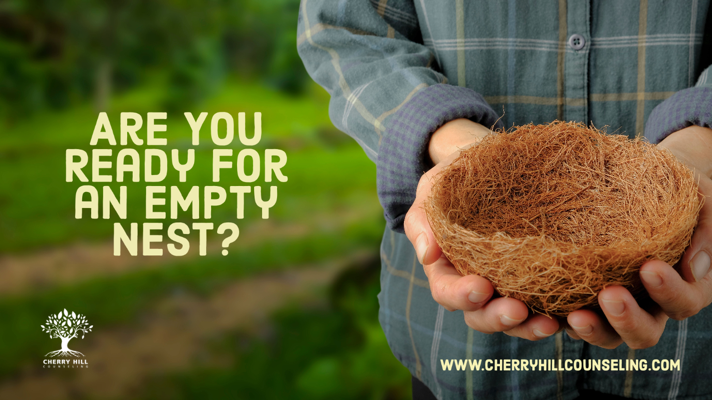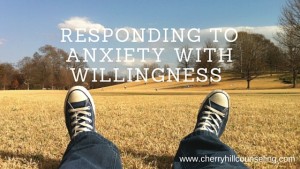
Empty nest syndrome is real. According to the National Institute of Health (Bougea, Despoti, & Vsilopoulos, 2019),
Empty-nest syndrome is a psychological condition that affects both parents, who experience feelings of grief, loss, fear, inability, difficulty in adjusting roles, and change of parental relationships, when children leave the parental home.
This transition of no more teens running out the door to practice or having their friends hang out at your house can create a void. Empty nest syndrome is typically more common in women, who are more likely to have had the role of primary care-giver (Better Health Channel, 2012).
How can we adjust to this time in life?
Family Medicine Doctor Jessica Sosso of the Mayo Clinic Health System has some suggestions (Dorfner, 2017):
- Accept the Timing – Each child is on their own timetable, which might not be your timetable or their friends’ timetables. Adapt to your own child’s readiness to leave the nest. Focus on what skills they need to succeed when they leave home.
- Keep in Touch – We are especially fortunate to live in the day and age of technology. No longer are phone calls and snail mail the only ways to stay connected. Make use of video chats and remember that personal visits can be important.
- Seek Support – Friends, family, and your partner can all be support options. Reading articles about empty nest syndrome can help you not feel so alone in your experience. Speak with your therapist if you have one; if not, this might be a good time to reach out to a therapist who understands what you are going through.
- Stay Positive – As Dr. Sosso points out, “Think of the extra time and energy you will have to devote to your marriage or personal interests.” These next chapters of your life can be more focused on you – your professional life or hobbies, your relational connections, or whatever has been “on hold” while raising children. These activities will not only ease your sense of loss, but they will give you something positive to look forward to each day.
- Plan Ahead – Plan in advance if one child has moved out and you still have others living at home to prepare for your empty nest (Better Health Channel, 2012). This could mean joining a health club you have put off joining or working to advance your career. Know the time is coming and experiment with new activities in preparation.

If you are feeling alone in your experience and would like to speak with a professional counselor, I would love to walk alongside you. Please reach out to me at (847) 438-4222 x 65 or email me at diann@cherryhillcounseling.com if I can be of help.
Resources
Better Health Channel. Empty nest syndrome. Retrieved from https://www.betterhealth.vic.gov.au/health/healthyliving/empty-nest-syndrome
Bougea A, Despoti A, Vasilopoulos E. Empty-nest-related psychosocial stress: Conceptual issues, future directions in economic crisis. Psychiatriki. 2019 Oct-Dec;30(4):329-338. doi: 10.22365/jpsych.2019.304.329. PMID: 32283536.
Dorfner, M. (2017). How you can enjoy the empty nest. Retrieved from https://newsnetwork.mayoclinic.org/discussion/how-you-can-enjoy-the-empty-nest/










































































